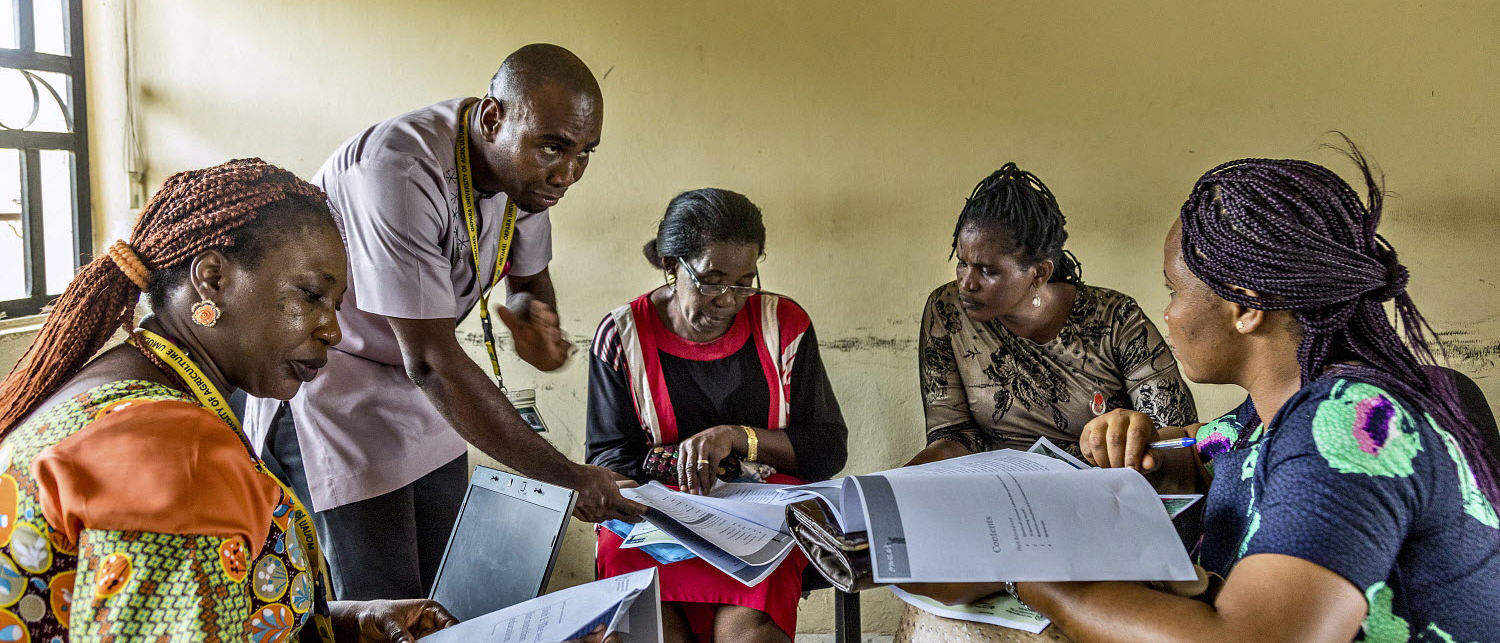The evaluation (2016 - 2022) covers the totality of FAO’s cooperation with the Government of Nigeria over the period of the Country Programming Framework (CPF) 2018–2022, which also take into account activities backstopped by headquarters, the Regional Office for Africa and the sub-regional Office for West Africa.
FAO’s strategic relevance in the country is assessed in terms of its response to national needs and challenges within the areas of FAO’s mandate and comparative advantage. In addition, it evaluated the strategic positioning of FAO in terms of partnerships, programme coherence, synergies with other development actors including in the context of the ongoing UN Reform, and pursuit of UN norms and standards including gender equality and human rights.
The evaluation assessed FAO’s contributions towards national priorities, with a focus on the five Country Priority areas identified by the 2018–2022 CPF, namely:
- Strengthen National Food and Nutrition Security through enhanced nutrition and risk-sensitive and climate-smart food systems.
- Support for appropriate and operationally effective agricultural policy and regulatory frameworks.
- Support to Nigeria's economic diversification agenda and promotion of decent employment for youth and women in the agriculture value chains.
- Improve efficient and sustainable management of natural resources and ecosystems.
- Enhance disaster risk reduction and emergency management through strengthening the humanitarian-development-peace nexus for resilience building.
The evaluation also covered FAO’s contributions to its own strategic objectives and the Sustainable Development Goals.
Key findings
FAO has supported the government in enhancing food and
nutrition security, disaster risk reduction, resilience building and
evidence-based policymaking. However, support for conflict-affected
populations, climate change mainstreaming and sustainability remains
uncertain. The evaluation recommends prioritizing flagship initiatives,
engaging ministries, national actors and implementing a gender
stocktaking exercise to identify those at risk of being left behind.
Documents
- Evaluation brief
- Management response
- Final report and annexes
- Evaluation highlights
- Management response

